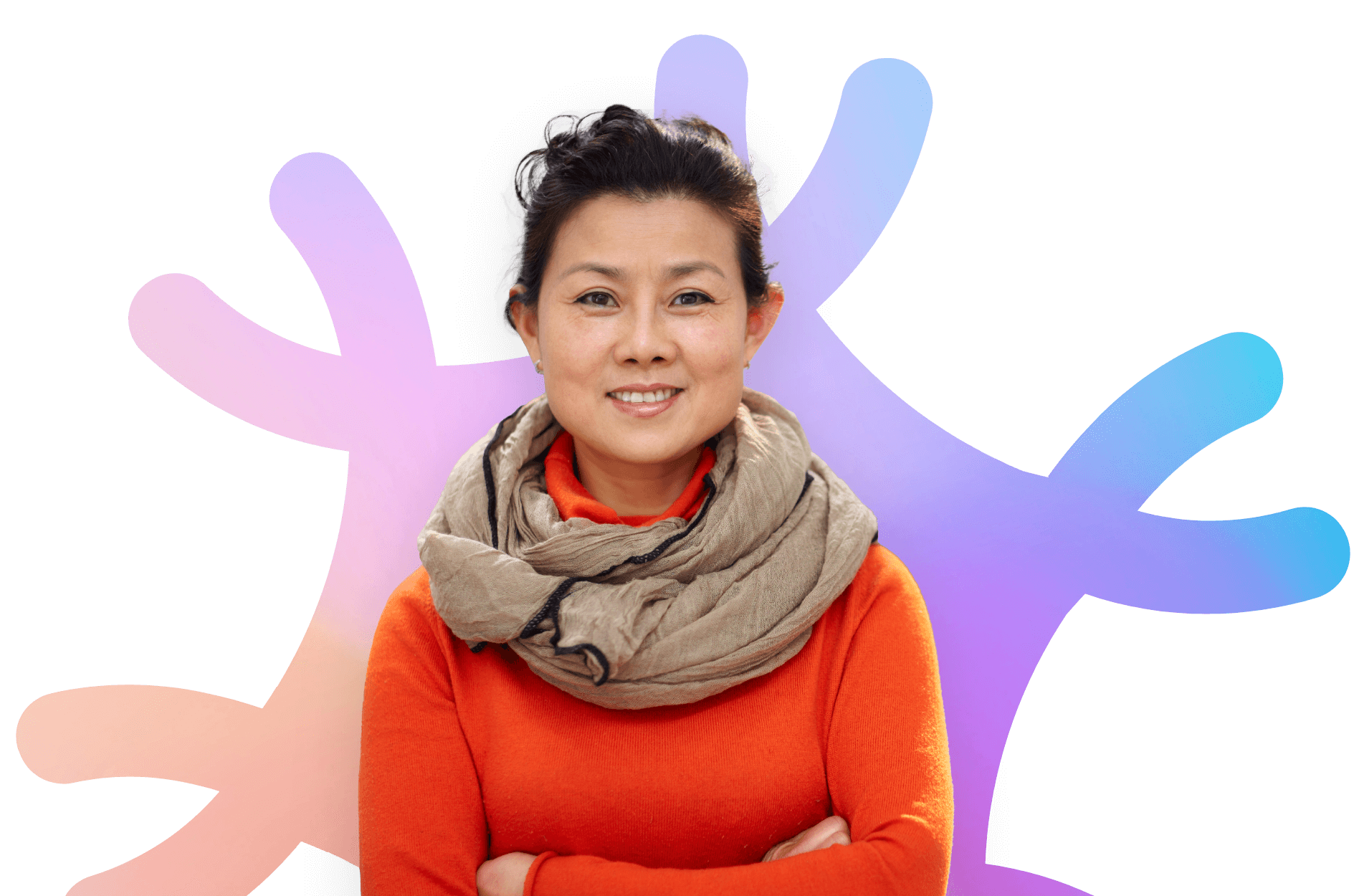
FAQ
Learn more about the Montreal Paris NEUROBANK from frequently asked questions by prospective participants about the purpose of the project, safety, compensation and privacy.
Participation
What is the purpose of Montreal-Paris NEUROBANK?
Developing effective treatments for neurodevelopmental or neurodegenerative diseases such as Autism Spectrum Disorder, Alzheimer’s or Parkinson’s Diseases, or autoimmune diseases depend on understanding how and why these diseases arise. This Neurobank will help this research by offering a reference dataset from healthy individuals. This will help scientists detect abnormalities observed in patients in comparison to the healthy “controls”.
What does Open Neurobank Mean?
The Neuro is a pioneer in the Open-Science movement to accelerate research and discovery of preventive strategies or cures for debilitating neurological diseases.
We are committed to creating safe and ethical procedures to use our state-of-the-art technologies to generate and share this dataset with all scientists around the world.
What are the benefits of this research to me?
This research will not benefit you immediately. However, by participating in this project you will receive a citizen-scientist certificate and will receive regular updates about current and future projects to which you may wish to contribute.
Is there compensation?
Yes. You can learn about the details of compensation if you qualify to enroll in the study.
Can my child participate?
If your children wish to participate, they will have to meet the inclusion criteria. We will ask the parents to fill the screening questionnaire. The parents or guardians of minors (<18) must provide informed consent prior to enrolling the minor in the study.
Can my older parents or grandparents participate?
If your older family members wish to participate, they will have to meet the inclusion criteria. They must be able to provide informed consent (in English or French). We will also ask them to fill several questionnaires in English or French.
Medical safety
Do I have to take any medication?
No.
Will I be injected with any medication or contrast agent?
No.
Is there any X-Ray involved?
No. All brain imaging protocols are non-invasive and do not involve any radiation.
Is there any risks associated with MRI?
To date, no long-term harmful side-effects have been observed from this type of examination. In order to avoid injury, MRI safety protocols will be followed to ensure the absence of any medallic objects or implants. You can learn more about potential risks here. You can also watch a safety video here.
Is there any risks associated with MEG?
MEG is a passive imaging method that poses no known risks to participants.
Can you diagnose any neurological or psychiatric disease from MRI scans?
No. Diagnosing certain diseases from brain scans requires careful clinical readings by radiologists. We do not perform routine radiological readings of scans to detect disease.
What will happen in the case of incidental finding?
If your MRI scans show a large and visible lesion or tumour visible to an untrained eye, you and your treating physician may be contacted for a follow-up. Your physician will then recommend how to best manage the problem.
Why do you sample blood?
Providing blood samples is optional. By collecting blood samples, we create the capacity to look for genomic, metabolomic or cellular differences among healthy and clinical populations.
Data security
How do you store my data?
All data (scans, demographic and behavioural data and blood samples) will be identified by a C-BIG code and stored digitally in the C-BIG LORIS Data repository on secure servers at The Neuro and the Research Institute MUHC. This data is kept separately from identifiable information (name on consent form, and contact information), which will be kept on a separate, secure, password encrypted server that is accessible only to the immediate research staff and the principal investigator.
How long will my data be stored?
Your data will be stored as long as the C-BIG repository is maintained.
Can I withdraw my data?
You may withdraw your data at any time. However, it is not possible to remove your data from research projects that began up to one month before your withdrawal request is submitted.
Is my data safe?
Your data will be stored securely, coded, and stripped of all identifying information. The C-BIG LORIS system is housed in a restricted-access facility at The Neuro and governed by a management framework, which is available upon request. The C-BIG Governing Board ensures the biobank adheres to best practices, remains sustainable, and fulfills the vision it was founded on.
Can I have access to my data?
You may access your data if your informed consent form includes a signed data disclosure agreement. More information about this option will be provided if you qualify for enrollment in the study.
Could my data be used commercially?
We will not sell your data. However, it may be used in research and development by non-academic individuals or for-profit companies that develop commercial biomarkers or medical technologies.
What is C-BIG Repository?
The Neuro’s C-BIG Repository is a collection of biospecimen samples, clinical information, imaging, and genetic data from people with neurological disease as well as healthy control subjects. The data and samples are available to researchers around the world, in line with The Neuro’s Open Science principles. See more: https://www.mcgill.ca/neuro/research/c-big-repository/resources-researchers
What is LORIS?
LORIS (Longitudinal Online Research and Imaging System) is a web-based data and project management software for neuroimaging research studies. For 20 years, LORIS has been used by researchers across the world (such as the NIH) to ensure efficient, secure and ethical data management and sharing. LORIS is the data management system for the C-BIG repository within the Neuro’s Open Science Framework. See more: https://bhi.loris.ca